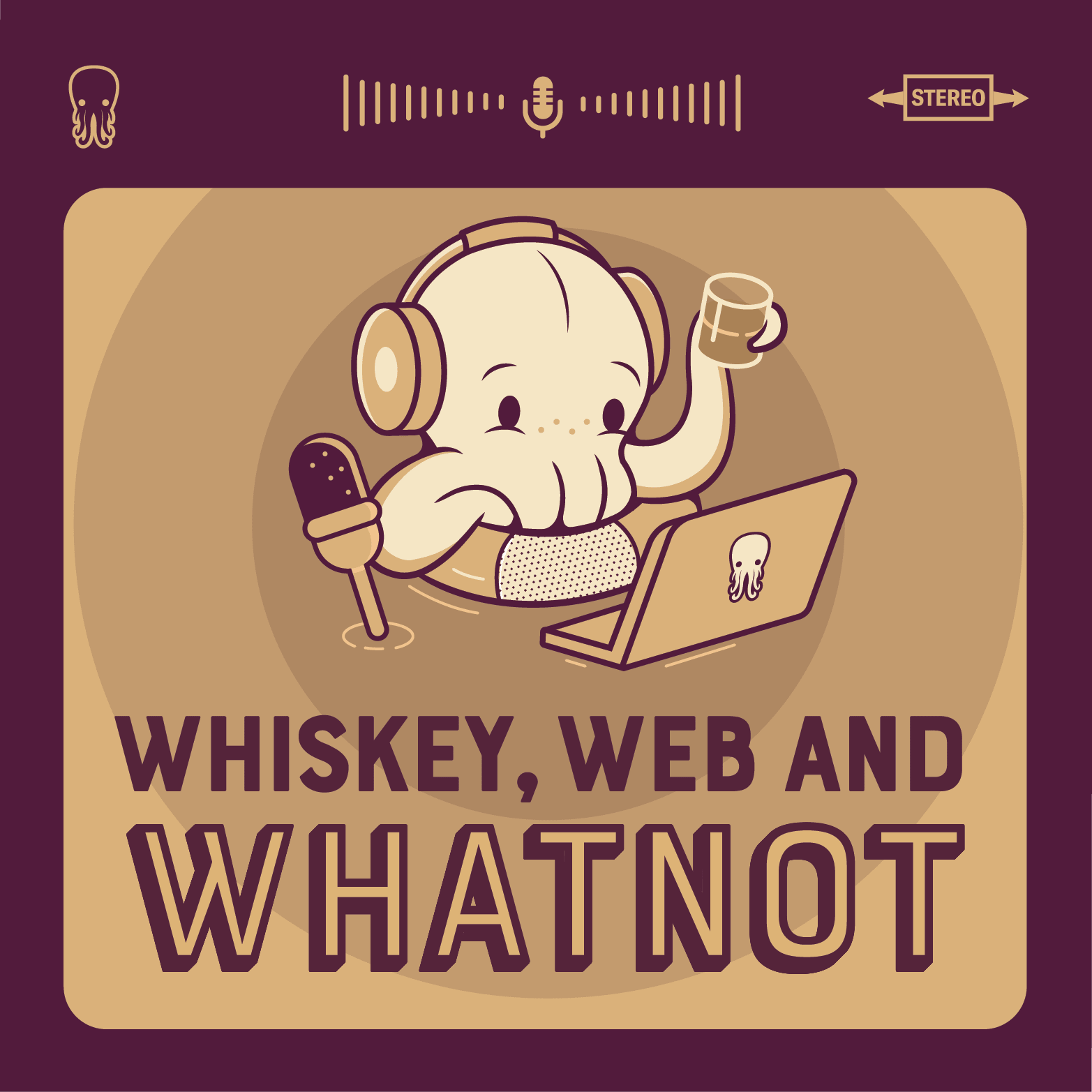45: Conventional Commits vs. Release-It and Chatting About the Changelog
Show Notes
There are two types of engineers. The "normal" ones who strive to make their day-to-day lives as easy as possible and the Robbie's of the world who strive to do everything themselves until the last line of code is sealed in a changelog.
On that note, do you prefer conventional commits? Or the tools out there that make organization easier and, sometimes, automated? Chuck and Robbie don't see eye-to-eye on this particular topic so prepare yourself for the mildest smackdown of the century.
In this episode, Chuck and Robbie discuss the pros and cons of release-it, the beauty of working system-agnostic, why Robbie prefers the changelog, and an attempt to stay abreast of frameworks like fresh coming into focus.
Key Takeaways
* [00:33] - A whiskey review - Howler Head Banana Whiskey.
* [09:12] - A mild smackdown on conventional commits versus release-it.
* [15:23] - Why Chuck and Robbie prefer the changelog.
* [20:35] - What is fresh? And Robbie leaks some internal R&D.
* [26:42] - What Robbie thinks about the Chevy Blazer EV and SUVs in general.
* [44:55] - How Chuck and his family acquired a Recall box.
Quotes
[09:55] - "I don't dislike release-it. Let's be clear there. I just don't want to have to physically do anything beyond opening the pull request and closing the pull request." ~ @CharlesWthe3rd [https://twitter.com/CharlesWthe3rd]
[13:01] - "I'm not a big fan of conventional commits because it adds a lot of noise to your commit log." ~ @rwwagner90 [https://twitter.com/rwwagner90]
[15:06] - "I just think that you [Robbie] are different than a lot of engineers in that you're like, 'I want to touch and do all the things for all 16 jobs, I just want to do it myself and make sure it hits to the end' and other engineers are like, 'what script can I write to never do this again?'" ~ @CharlesWthe3rd [https://twitter.com/CharlesWthe3rd]
Links
* Howler Head Kentucky Banana Bourbon Whiskey [https://www.howlerhead.com]
* Suggest a Whiskey on Twitter! [https://twitter.com/shipshapecode]
* UFC [https://www.ufc.com]
* Dana White [https://www.instagram.com/danawhite/]
* Wooler Brands [https://catalyst-spirits.com]
* Fireball [https://www.fireballwhisky.com]
* Coke [https://www.coca-cola.com]
* release-it [https://github.com/release-it/release-it]
* changelog [https://keepachangelog.com/en/1.0.0/]
* GitHub Actions [https://github.com/features/actions]
* semantic-release-bot [https://www.npmjs.com/~semantic-release-bot]
* Hacker News [https://news.ycombinator.com]
* Microsoft [https://www.microsoft.com/en-us/]
* GitLab [https://about.gitlab.com]
* github-changelog-generator [https://github.com/github-changelog-generator/github-changelog-generator]
* Ember.js [https://emberjs.com]
* fresh [https://fresh.deno.dev]
* Next.js [https://nextjs.org]
* Node [https://nodejs.org/en/]
* Yarn [https://yarnpkg.com]
* Hooks [https://reactjs.org/docs/hooks-intro.html]
* Starbeam [https://github.com/wycats/starbeam/]
* Astro [https://astro.build]
* JavaScript [https://www.javascript.com]
* zerojs [http://technohippy.github.io/zero.js/]
* nojs [https://www.npmjs.com/package/nojs]
* Preact [https://preactjs.com]
* React [https://reactjs.org]
* Optix< [https://www.optixapp.com]
---
Send in a voice message: https://podcasters.spotify.com/pod/show/whiskey-web-and-whatnot/message
